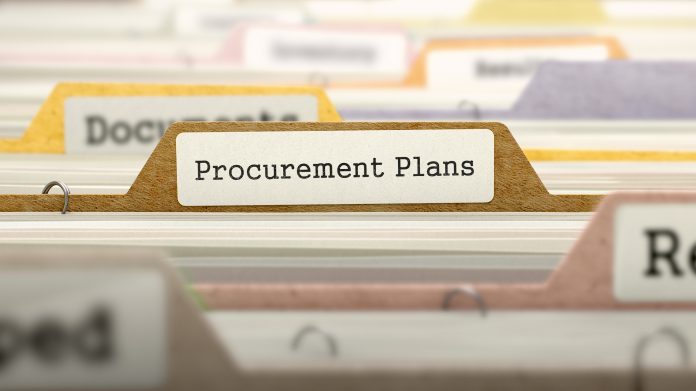In this interview, Jonny Combe, UK CEO at PayByPhone explains why government procurement frameworks provide a more accessible and convenient way to procure public services, saving local authorities money and time in the process
The government procurement frameworks in England, Wales and Scotland may not seem like an obvious tool to deliver both time and cost savings, but this is exactly what they are doing for local authorities. An increasing number of local authorities want to provide their residents and visitors more accessible and convenient technology-based public services, but this can be a time-consuming, costly process – on average £52,500 per tender. This is where government digital procurement frameworks such as ESPO and G-Cloud come in.
Driven by an increasingly tech-savvy public eager to simplify their everyday lives, local authorities are looking to technology – and its convenience, speed and flexibility – to address this.
“Central government Digital Marketplace frameworks like ESPO and G-Cloud make technology-based services much more accessible to local authorities and, by extension, to their residents and visitors,” says Combe, as the interview kicks off.
Digital Marketplace frameworks
Local authorities procure a wide range of goods, works and services from various suppliers and service providers. These can be small, one-off purchases or multi-million-pound contracts lasting several years.
“The traditional procurement route has always been to go out to tender, which is a time-consuming and costly exercise,” explains Combe. “However, today, central government frameworks offer local authorities a one-stop-shop for a wide range of goods and services, but not many councils realise that they can use these frameworks. They are not only highly accessible but also incredibly efficient, saving councils time and money. And at a time when local authorities are being scrutinised on over-stretched budgets, these procurement frameworks are invaluable.”
Quick, easy and successful
The frameworks allow local authorities to identify the solution or service they want to introduce, and then choose their preferred contractor from a number of pre-vetted and pre-authorised suppliers, who provide competitive prices. This means that the often protracted and costly vetting procedure in a traditional tender has already been completed.
Digital Marketplace frameworks like G-Cloud and EPSO provide a clear direction for the future of government procurement and provision of public services that reap benefits for local authorities and the populations they serve.
Combe concludes, “It’s a win-win process for both councils and suppliers alike. Local authorities don’t award work via the one-size-fits-all tender scorecard process. The frameworks award contracts to suppliers that best meet the specific requirements. For suppliers, there’s not only the obvious benefit that we aren’t competing in the open market but also the framework process enables us to establish greater visibility amongst councils and other public sector organisations. Overall, it’s a much more seamless way to procure services – for both parties.”





![Europe’s housing crisis: A fundamental social right under pressure Run-down appartment building in southeast Europe set before a moody evening sky. High dynamic range photo. Please see my related collections... [url=search/lightbox/7431206][img]http://i161.photobucket.com/albums/t218/dave9296/Lightbox_Vetta.jpg[/img][/url]](https://www.openaccessgovernment.org/wp-content/uploads/2025/04/iStock-108309610-218x150.jpg)





